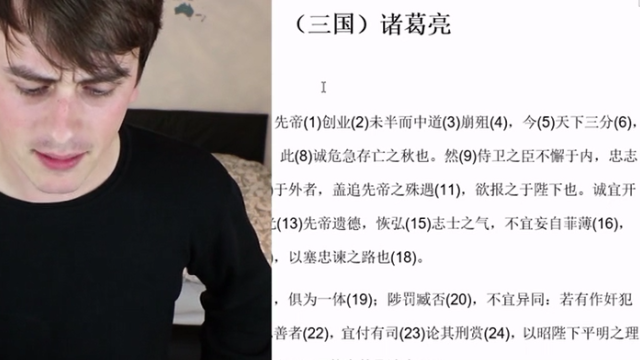名字不雅屡遭游客骚扰 奥地利小镇Fucking拟改名
作者:Marian2011 译
来源:telegraph
2012-04-27 17:33
The 104 residents of the village will cast their votes later this week on whether to alter the name.
奥地利小镇Fucking的104名居民将在本周进行投票,决定小镇是否更改镇名。
“People are now willing to discuss changes to the spelling of the name,” Franz Meindl, the village’s mayor, said in a television interview. “But first all F---ingers have to agree on whether want to change it or not.”
该镇镇长弗朗茨·门德尔在电视访谈中说:“目前人们对讨论镇名拼写变更问题很热心。但变与不变,关键是全镇居民要达成共识。”
For centuries the tiny village in northern Austria lived life in happy obscurity, but life changed when US troops, stationed in the area at the end of the Second World War, discovered it, and since then the village’s name has been a constant source of amusement for tourists and irritation for locals.
几个世纪以来,居住在这个奥地利北部小镇的人们在默默无闻中享受着快乐生活,但二战结束时驻扎在这一地区的美军发现了这个村庄,从而打破了小镇的宁静。从那时起,小镇的名字一直被游客调侃着,这使本镇居民很不快。
At least 13 £250 road signs bearing the village’s name have been stolen, and the sight of semi-naked women posing for photographs beside signs has become a common sight. One local business woman, exasperated with people stealing her sign has taken to adding another “g” in the hope it will deter thieves.
至少有13块标有该镇名字的路标被盗,每块价值250英镑。坦胸露背的女人搔首弄姿与路标合影已司空见惯。一名当地的女老板对那些偷走她路标的人感到很气愤,在路标上多加一个字母“g”,希望以此来消除小偷的恶念。
A brisk market in postcards and Christmas cards making liberal use of the name have also managed to spread its fame.
一家善于把握商机的明信片和圣诞贺卡商店借使用该镇名之机提高了其知名度。
In an attempt to curtail the fun had at the village’s expense some locals want to readopt its 16th-Century spelling and replace the “ck” with a single or double “g”. Experts say the town’s name is derived from Focko, a 6th Century Bavarian nobleman, and the modern spelling was adopted in the 18th Century.
为了不再被当作笑料,一些当地居民希望重新采用16世纪时的拼写方式,用“g”或“gg”代替“ck”。专家说,小镇的名字源自一位公元6世纪的巴伐利亚贵族福科(Focko),而现代拼写方式始于18世纪。











